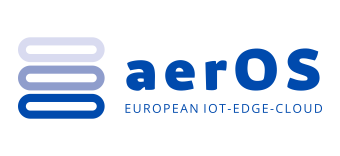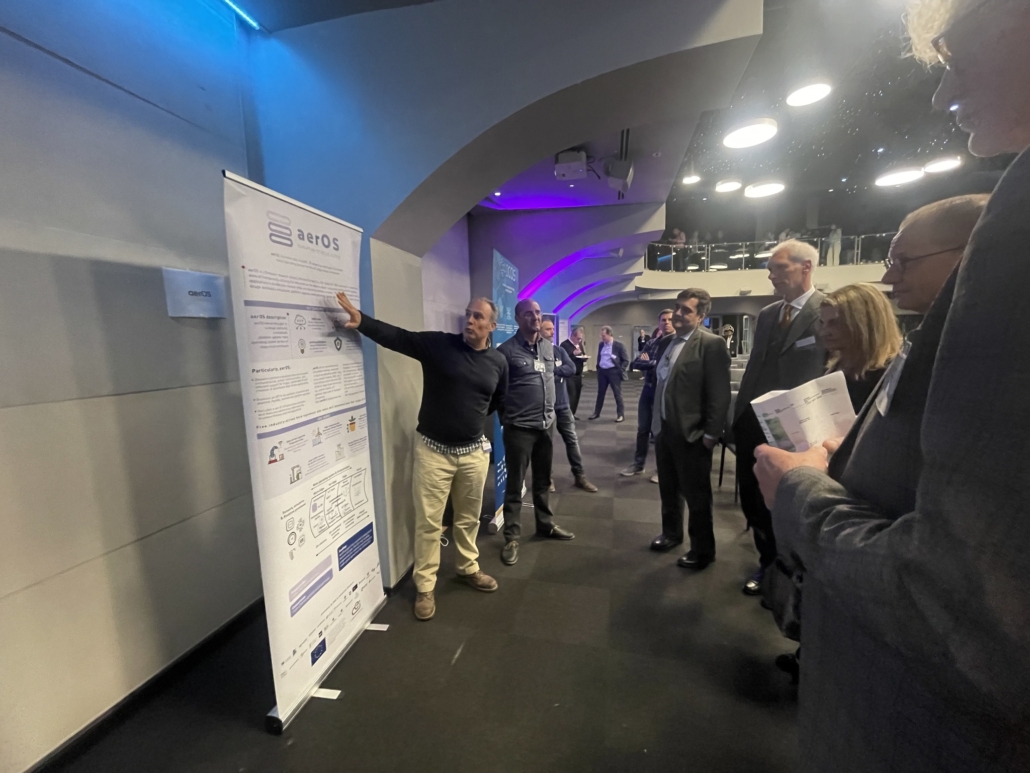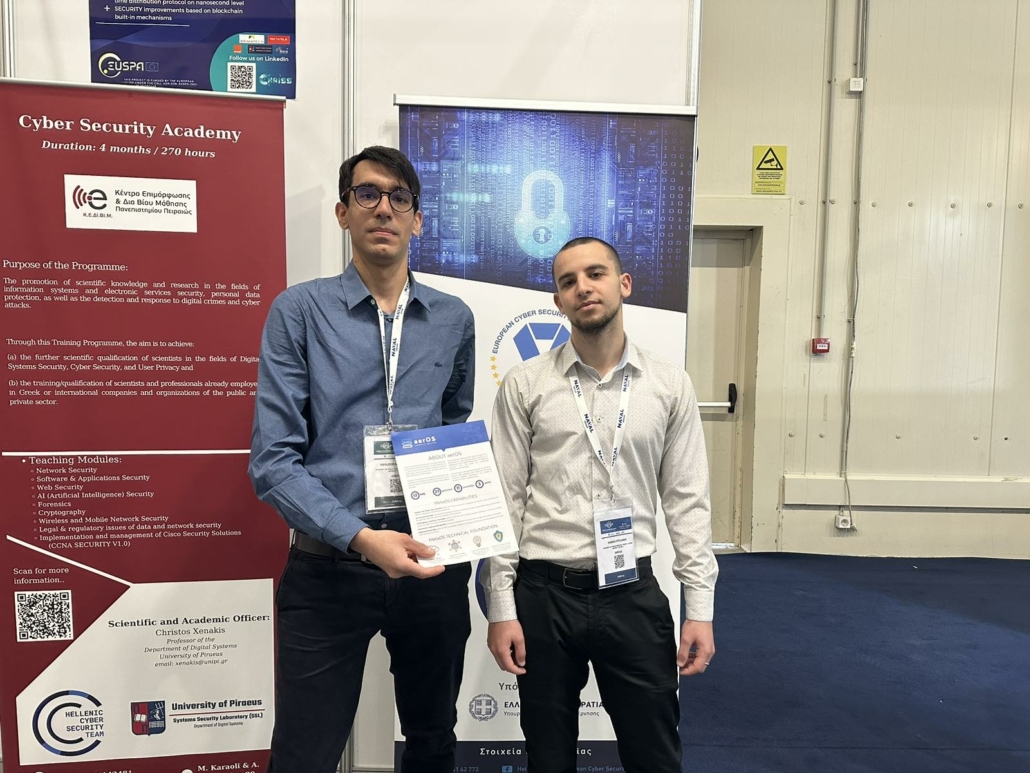IEEE WFIoT 2023 Special Session – Call for papers
31 May 2023
aerOS and ASSIST-IoT EU research projects co-organise the special session “Future Platforms for Cloud-Edge Continuum – Theoretical Foundations and Practical Considerations” (Track ID: Spes-01) at IEEE 9th World Forum on Internet of Things (IEEE WFIoT 2023), 12–27 October 2023, Aveiro, Portugal.
Description
Internet of Things (IoT) brings fundamental changes to all sectors of society and economy. However, realization of the IoT vision requires data processing (stream, static, or both) in an “optimal location” within the cloud-edge continuum. Within such continuum, data can be produced, stored, and processed “anywhere”. For instance, (1) far/nano-edge devices produce data act upon it locally, (2) fog nodes process data stream locally, while (3) cloud/HPC facilities deliver “unlimited” processing capabilities, need, for instance, to train (large) AI models. Taking into account the, systematically increasing, scale of IoT deployments the question arises: what capabilities must be facilitated by future IoT platforms, which will have to manage processes in multi-stakeholder, multi-cloud, federated, large-scale IoT ecosystems.
Here, key challenges are related to the fact that such platforms (encompassing operating systems, up to applications), will have to jointly leverage continuous progress of multiple enabling technologies, e.g.: 5G/6G networking, privacy and security, distributed computing, artificial intelligence, trust management, autonomous computing, distributed/smart applications, data management, etc. Moreover, they must facilitate intelligent (autonomous) orchestration of physical/virtual resources and tasks, by realizing them at the “optimal location” within the ecosystem (e.g., closer to where data is produced). To achieve this, resource-aware frugal AI is needed, to facilitate self-awareness and decision support, across heterogeneous ecosystem. Finally, it is also absolutely necessary that resource management will consider the CO2 footprint of the ecosystem and efficiently deploy data and tasks and also use multi-owner, heterogeneous sources of renewable energy.
In this context, contributions addressing theoretical and practical aspects of the following topics are invited (this list is, obviously, not exhaustive):
- IoT architectures for domain agnostic user-aware, self-aware, (semi-)autonomous edge-cloud continuum platforms, including proposals for novel decentralized topologies, ad-hoc resource federation, time-triggered behaviors
- Foundations for next generation of higher-level (meta) operating systems facilitating efficient use of computing capacity across edge-cloud continuum
- Resource aware AI, including frugal AI, bringing intelligence to the edge-cloud continuum platforms (and ecosystems)
- Cognitive frameworks leveraging AI-techniques to improve optimization of infrastructure usage and services and resources orchestration
- Efficient streaming Big Data processing within large-scale IoT ecosystems
- Interoperability solutions for multi-user edge-cloud continuum platforms, capable of coping with systematically increasing complexity of connecting vast numbers of heterogeneous devices
- Federated data spaces approach for improved data governance, sovereignty and sharing
- Privacy, security, trust and data governance in competitive scenarios
- CO2 footprint reduction and efficient use of green energy in edge-cloud continuum ecosystems
- Practical aspects of resource orchestration within highly heterogeneous, large-scale edge-cloud continuum ecosystems
- Intent-based networking and its application to IoT
- Swarm intelligence for IoT-edge-cloud continuum
Important Dates:
Deadline for Paper Submissions: July 9th, 2023
Acceptance Notification: July 31st, 2023
Deadline for Camera-Ready Paper Submissions: August 20th, 2023
Deadline for Presentation Submissions: September 25th, 2023
Paper should be six (6) pages in length and follow the instruction provided for the main Conference. The conference allows up to two additional pages for a maximum length of eight (8) pages with payment of extra page charges once the paper has been accepted.
Please submit your paper for this Special Session using the link to eWorks: https://www.scomminc.com/pcm/wfiot/wfiot.cfm
If you have any questions, please contact Dr. Marcin Paprzycki: marcin.paprzycki@ibspan.waw.pl
More information also available at https://wfiot2023.iot.ieee.org/program/special-sessions
Organizers:
- Rajkumar Buyya, The University of Melbourne, and Manjrasoft Pvt Ltd, Melbourne, Australia
- Maria Ganzha, Warsaw University of technology and Systems Research Institute
- Levent Gürgen, Kentyou, Grenoble, France
- Carlos Palau, Universitat Politecnica de Valencia
- Marcin Paprzycki, Systems Research Institute, Polish Academy of Sciences
- Tarik Taleb,The University of Oulu and MOSAIC Lab, Oulu, Finland















